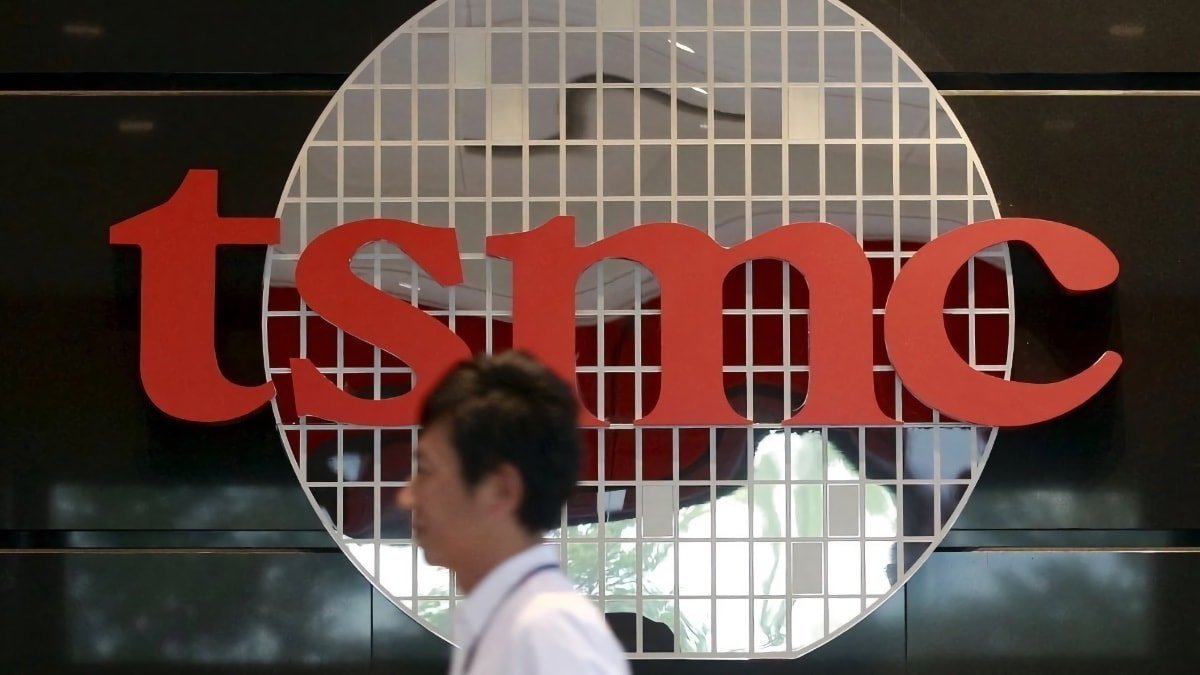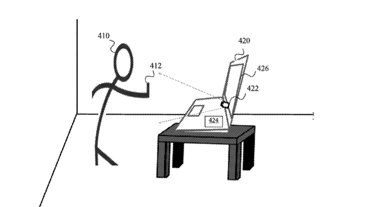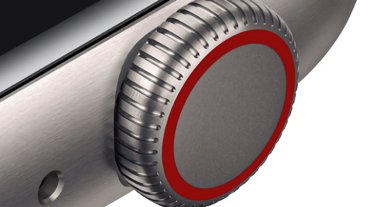TSMC is working to build two plants in Arizona faster, a move that could bring more Apple chip production to Arizona quicker — but don't expect the newest chips.
The TSMC facility in Phoenix, known as Fab 21, is the chip foundry's first factory in Arizona dedicated to chip production. However, while two others are under construction, TSMC plans to have them up and running sooner than first thought.
Nikkei, TSMC intends to speed up construction of the two sites considerably. The factories will be accelerated "by several quarters," TSMC claims, with the intention of bringing them online faster.
TSMC says it is to meet the demand from U.S.-based customers for smartphone and AI computing chips.
"After completion, around 30% of our 2-nanometer and more advanced [chip] capacity will be located in Arizona," said TSMC chairman and CEO CC Wei on Thursday. It will create "an independent, leading-edge semiconductor manufacturing cluster in the U.S."
Closer to Taiwan tech
The assertion by TSMC that it will be cutting "several quarters" off the construction time for its two factories is a big thing for U.S. chip production in general. Something that is severely lagging behind Taiwan.
In March, it was said that the second Arizona plant would be ready for 3-nanometer chip production by 2028, while the third plant would be used for 2-nanometer chips. That third plant, which broke ground in April 2025, was thought to be ready by 2030.
With 2-nanometer production already in progress in TSMC's Taiwan facilities, that effectively meant that TSMC's U.S. facilities were five years behind Taiwan.
By cutting down the construction schedule by a considerable amount, this could bring the overall lag for U.S. production down to as few as three years.
Faster by investment
The acceleration of construction follows months after TSMC pledged a $100 billion investment in the United States. The investment, intended to take place over four years, was to be used to increase TSMC's manufacturing footprint in the country.
TSMC had already made an initial investment in Arizona to the tune of $12 billion in 2020. It has also received a $6.6 billion package from the Biden administration as part of the CHIPS act.
The latest high-value pledge will almost certainly be used in part to speed up the building of the facilities. Processes which, due to the size and complexity, take a long time to complete.
The U.S. iPhone chip dream
The acceleration of construction at the facilities should be well received by the administration of President Donald Trump. He has repeatedly campaigned for more manufacturing to return to the United States, and has called out Apple to do the same.
There are roadblocks. Notably, a lack of U.S.-based resources and an educated local workforce needed for iPhone assembly to take place at all are the main hindrances.
It is highly plausible that the smartphone and AI chip demand could be from Apple, as the Cupertino company is one of TSMC's biggest chip clients. Such a move will make the construction of an iPhone entirely in the United States a little bit closer to reality.
Until that happens, Apple has no choice but to accept that its chips have to be built in TSMC's more up-to-date facilities in Taiwan. At least, for its more advanced chips.
The $100 billion won't necessarily allow the U.S. projects to catch up to Taiwan completely, but a few quarters closer is still a lot when it comes to manufacturing.









